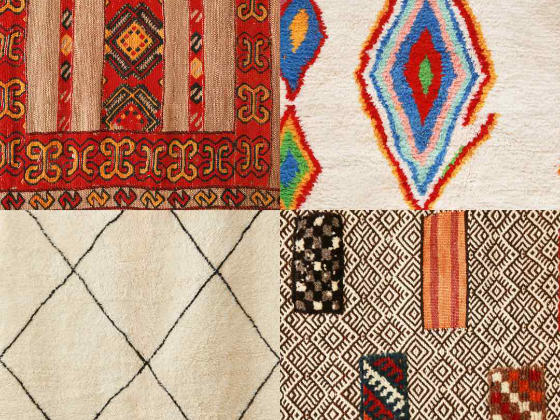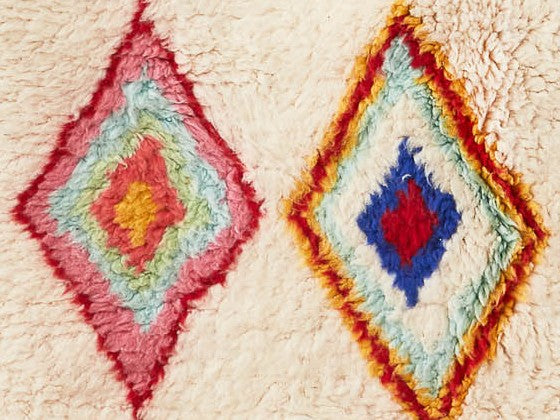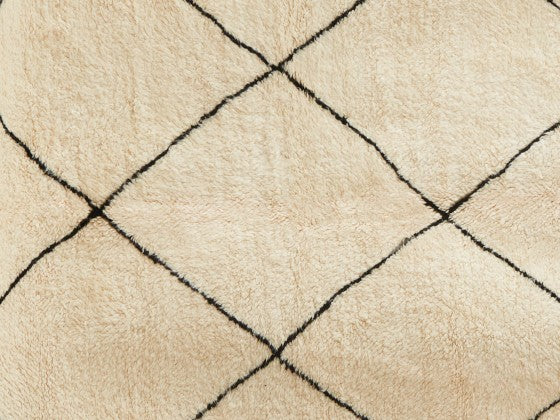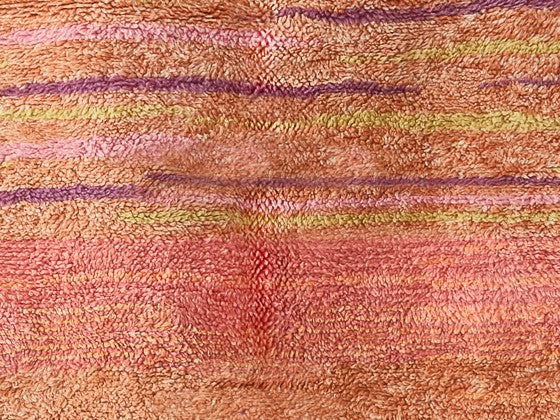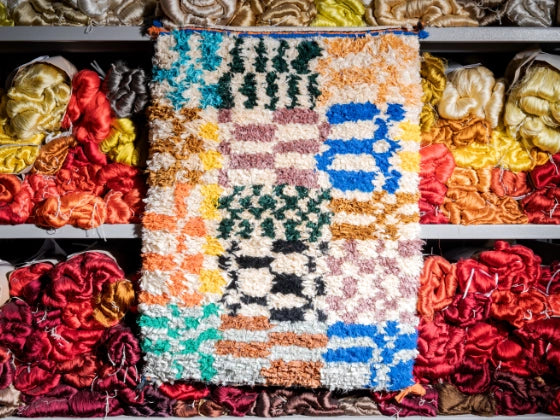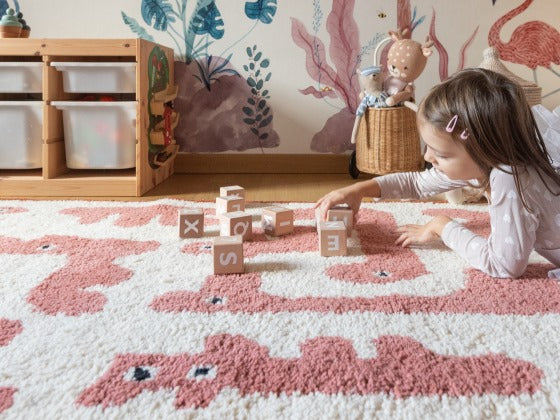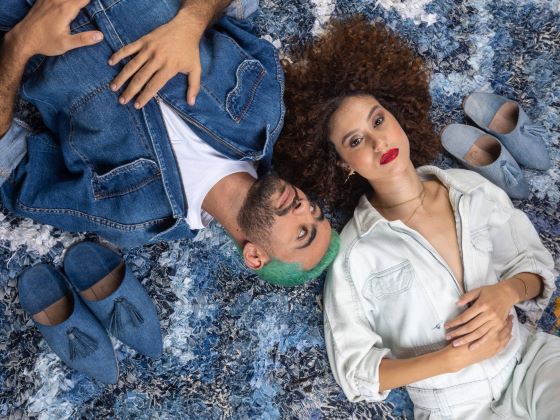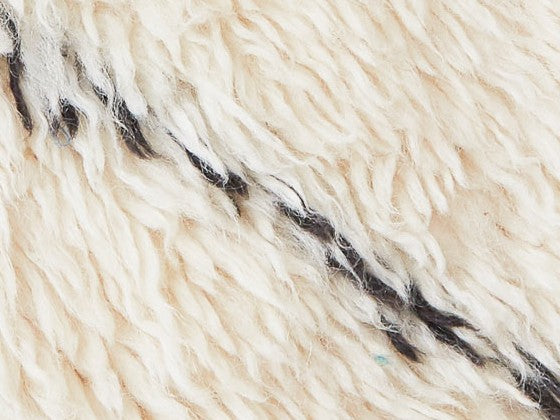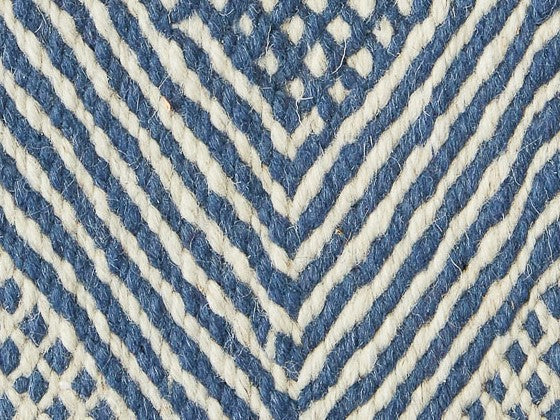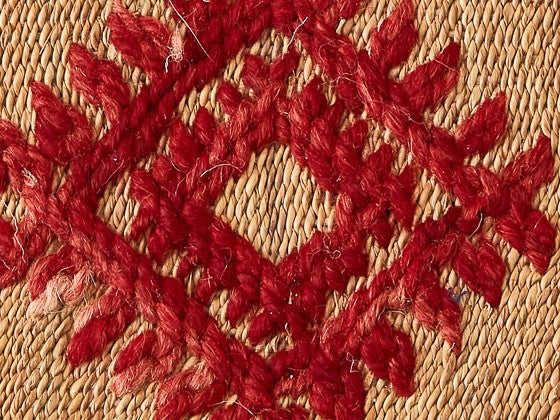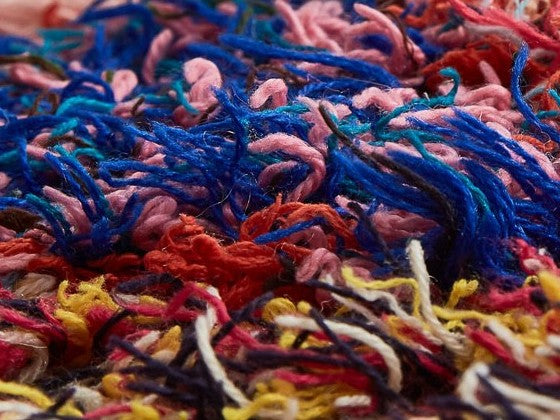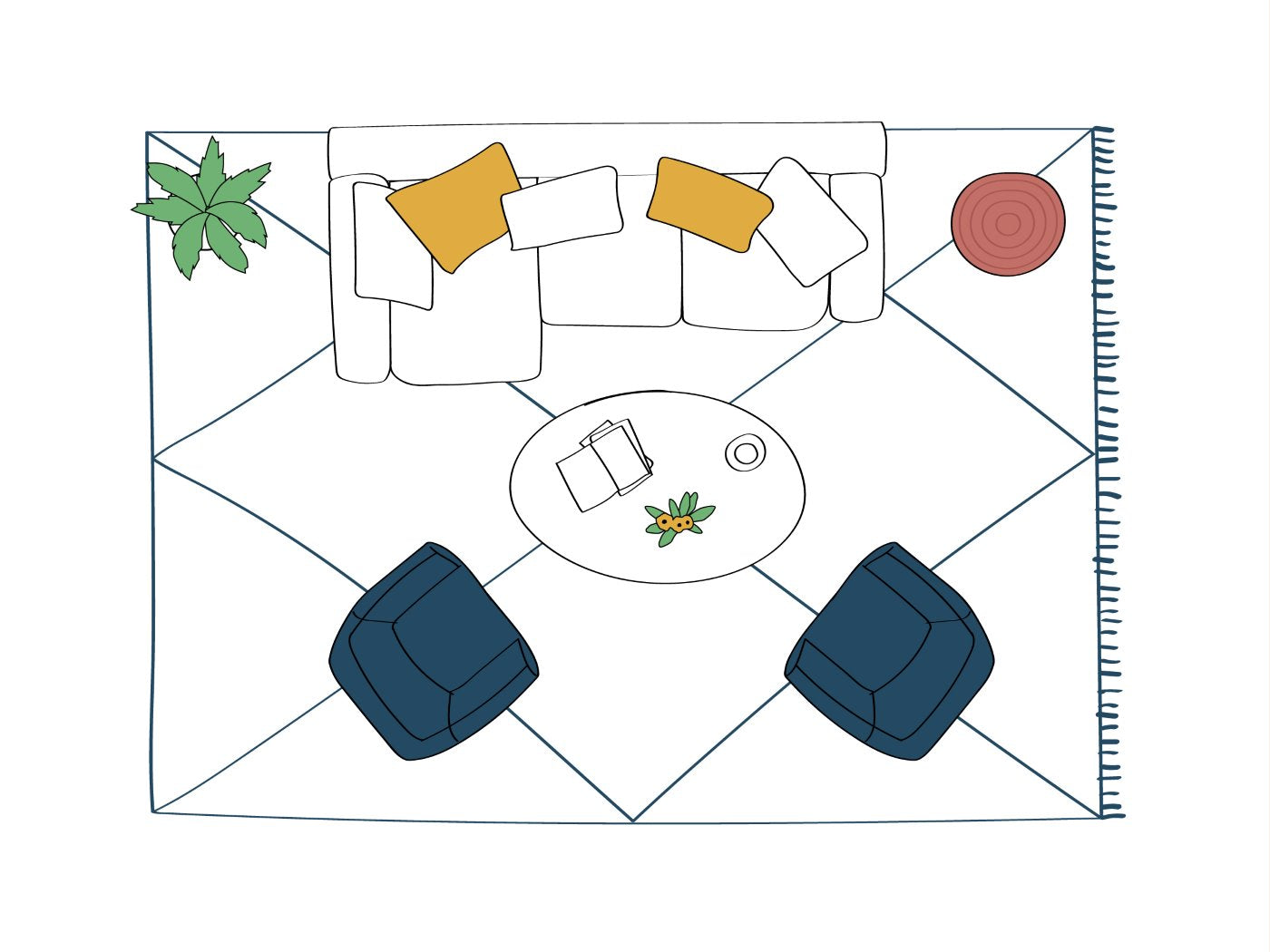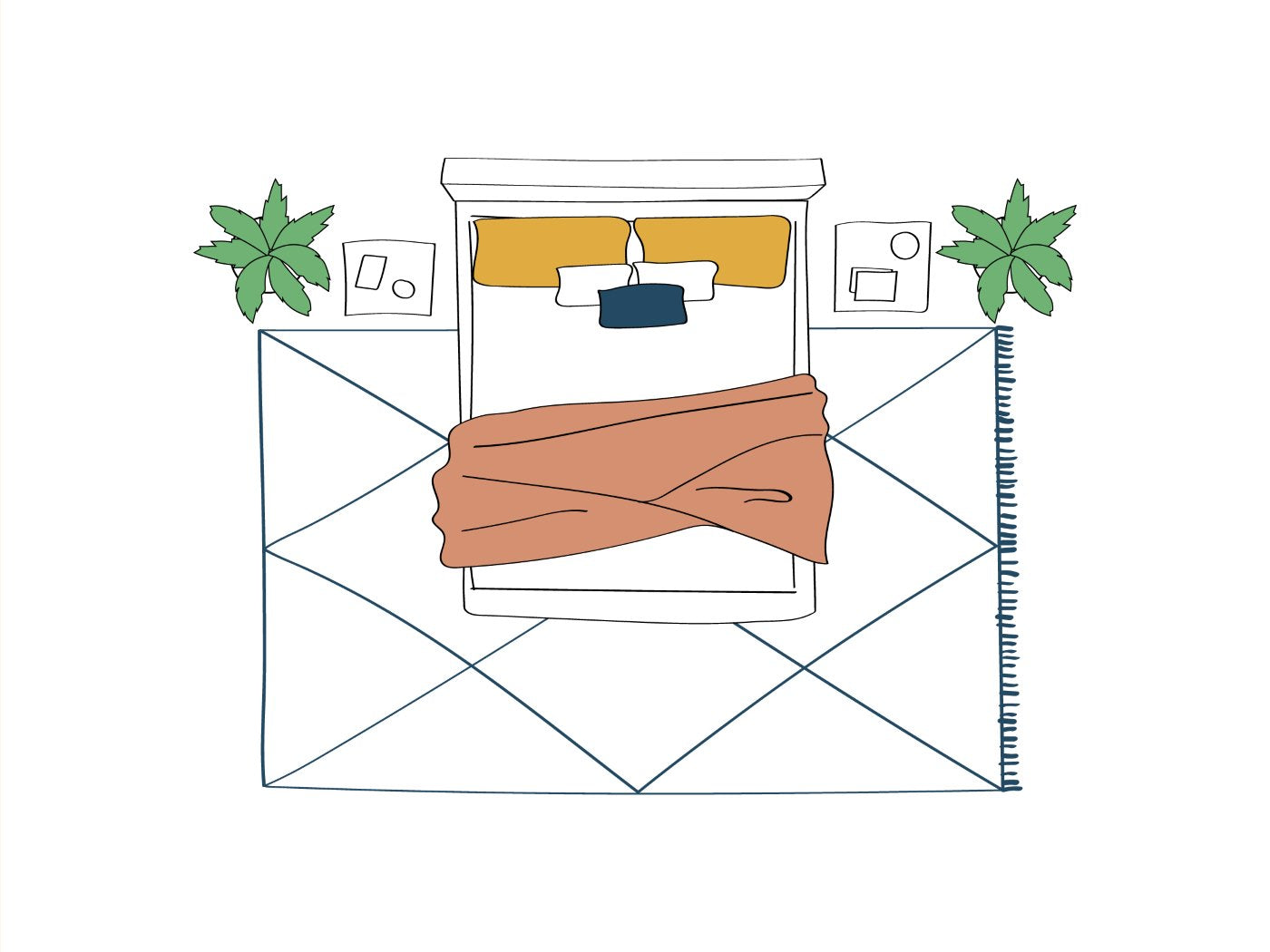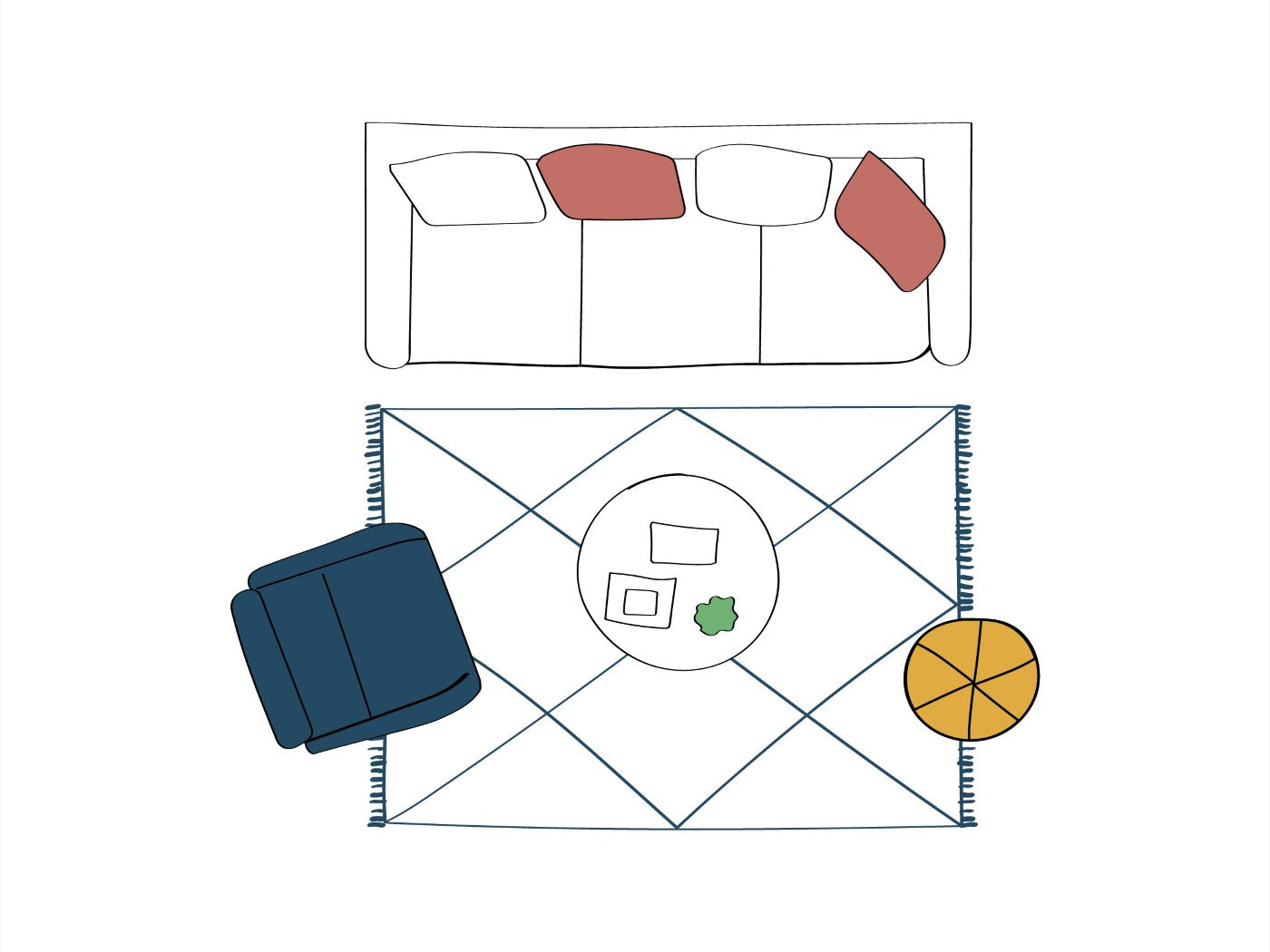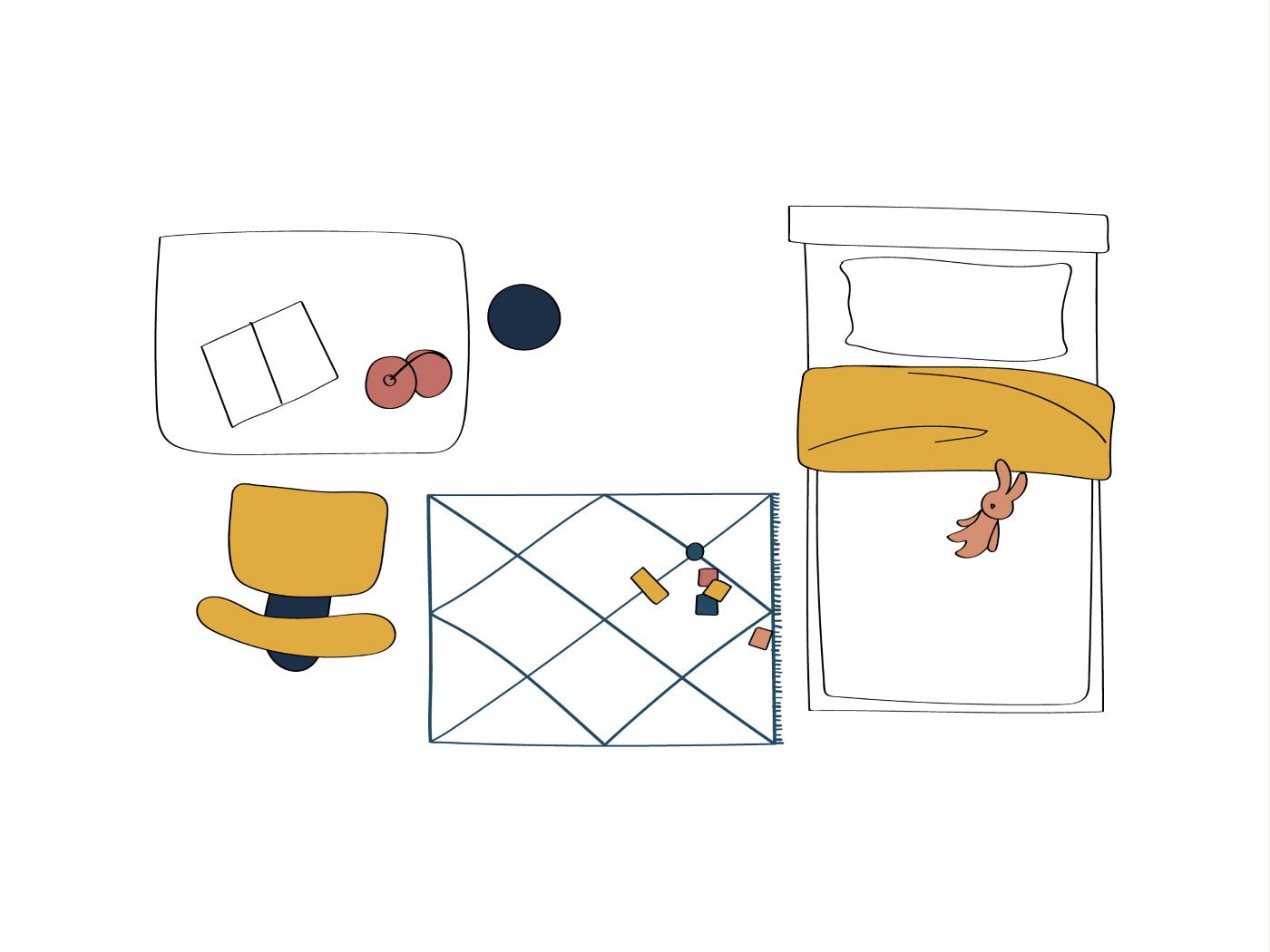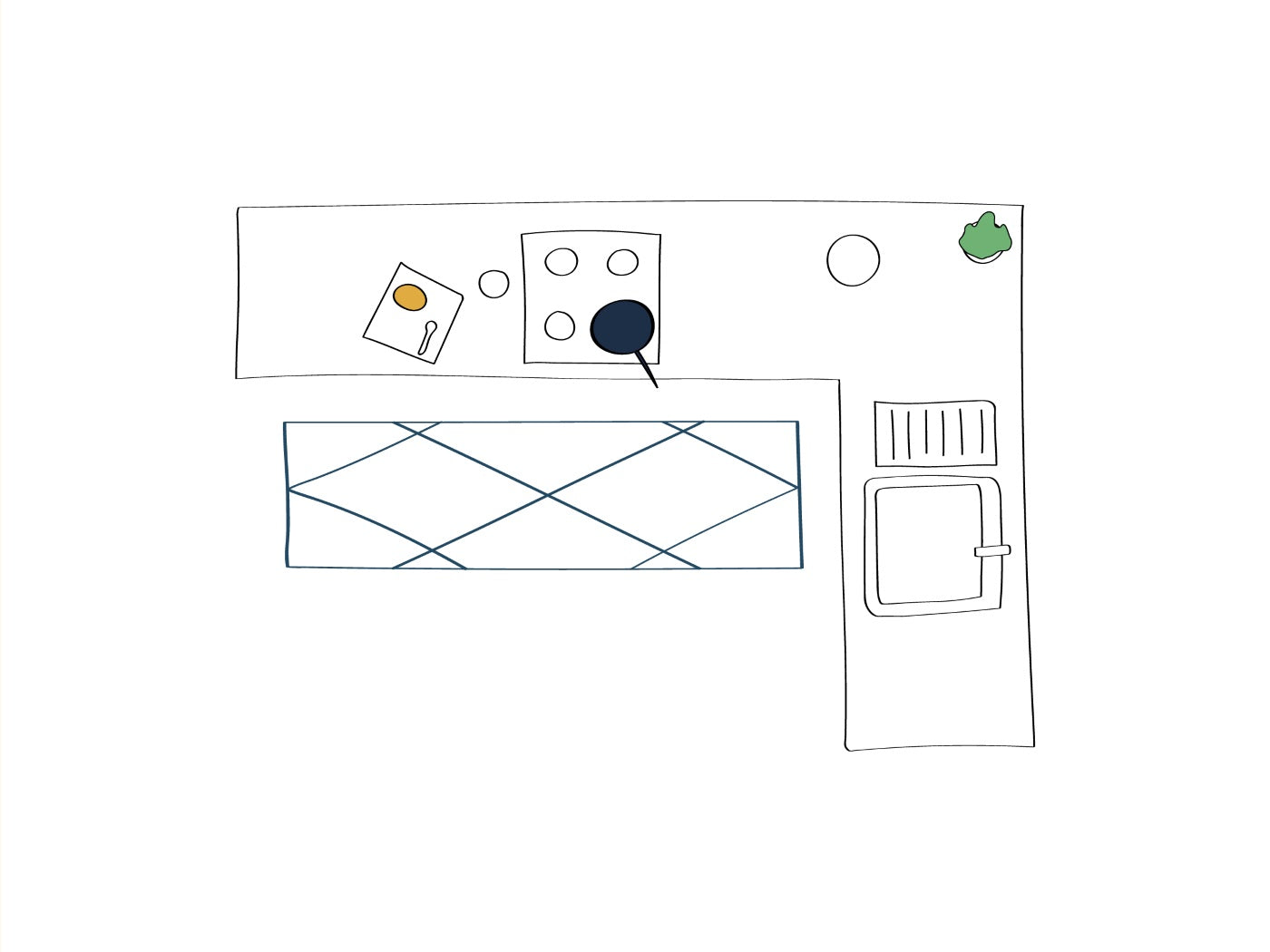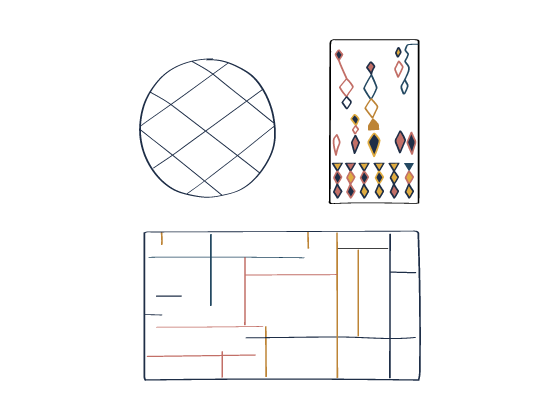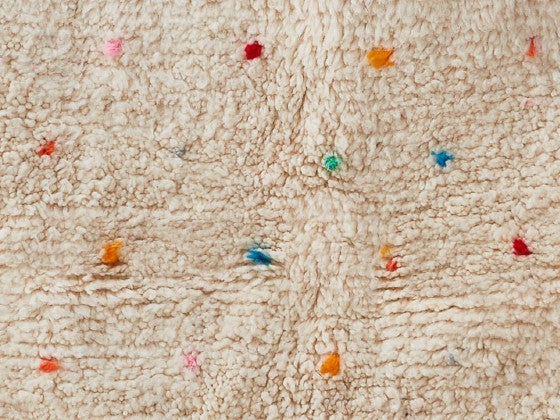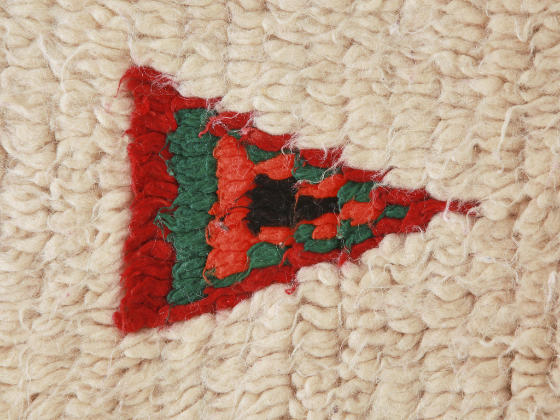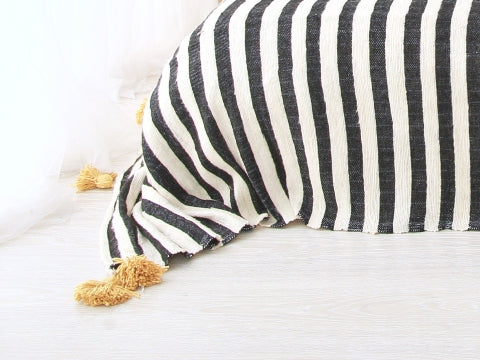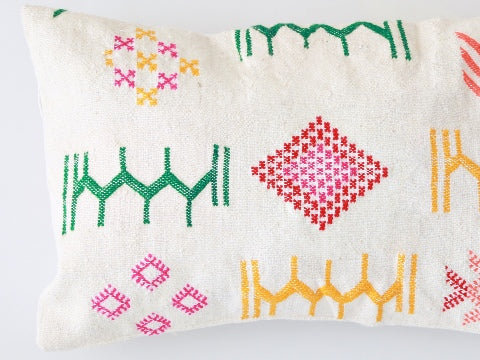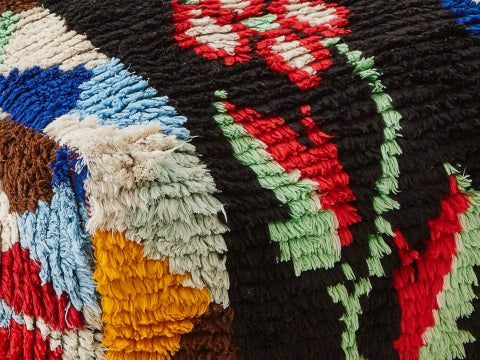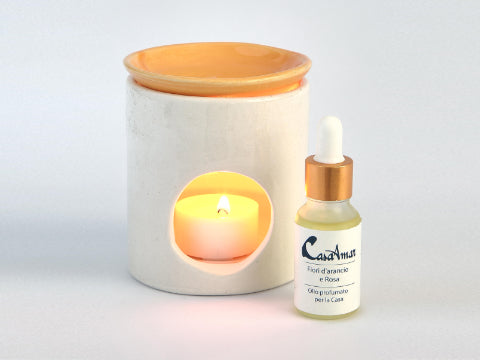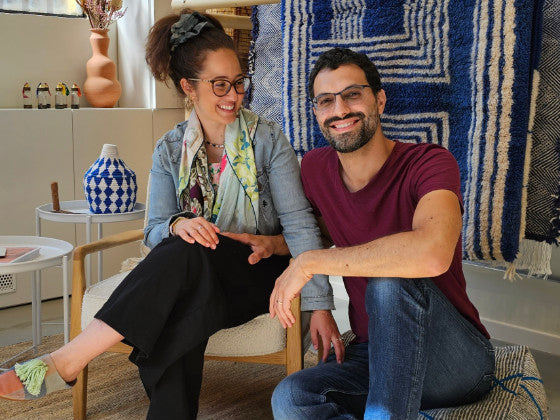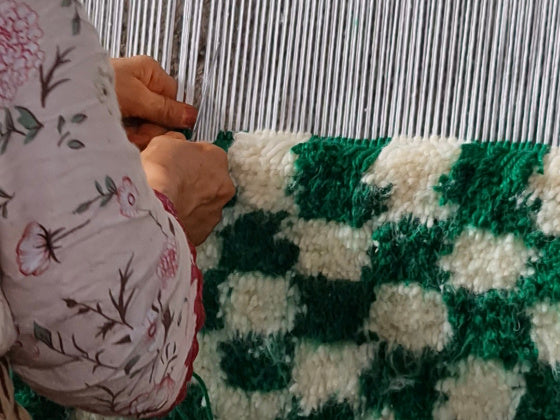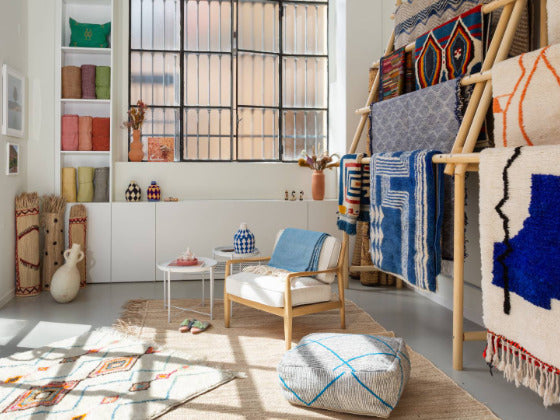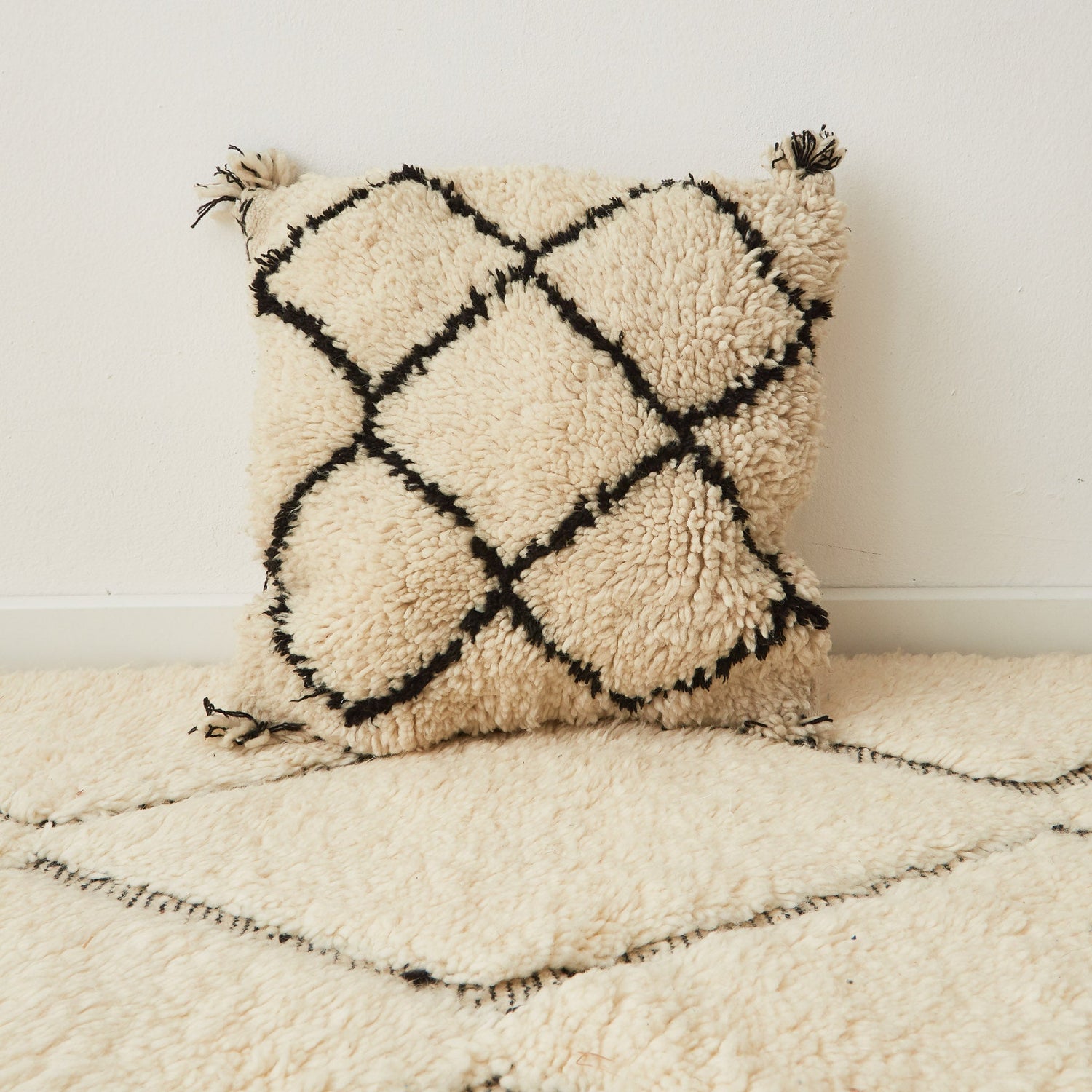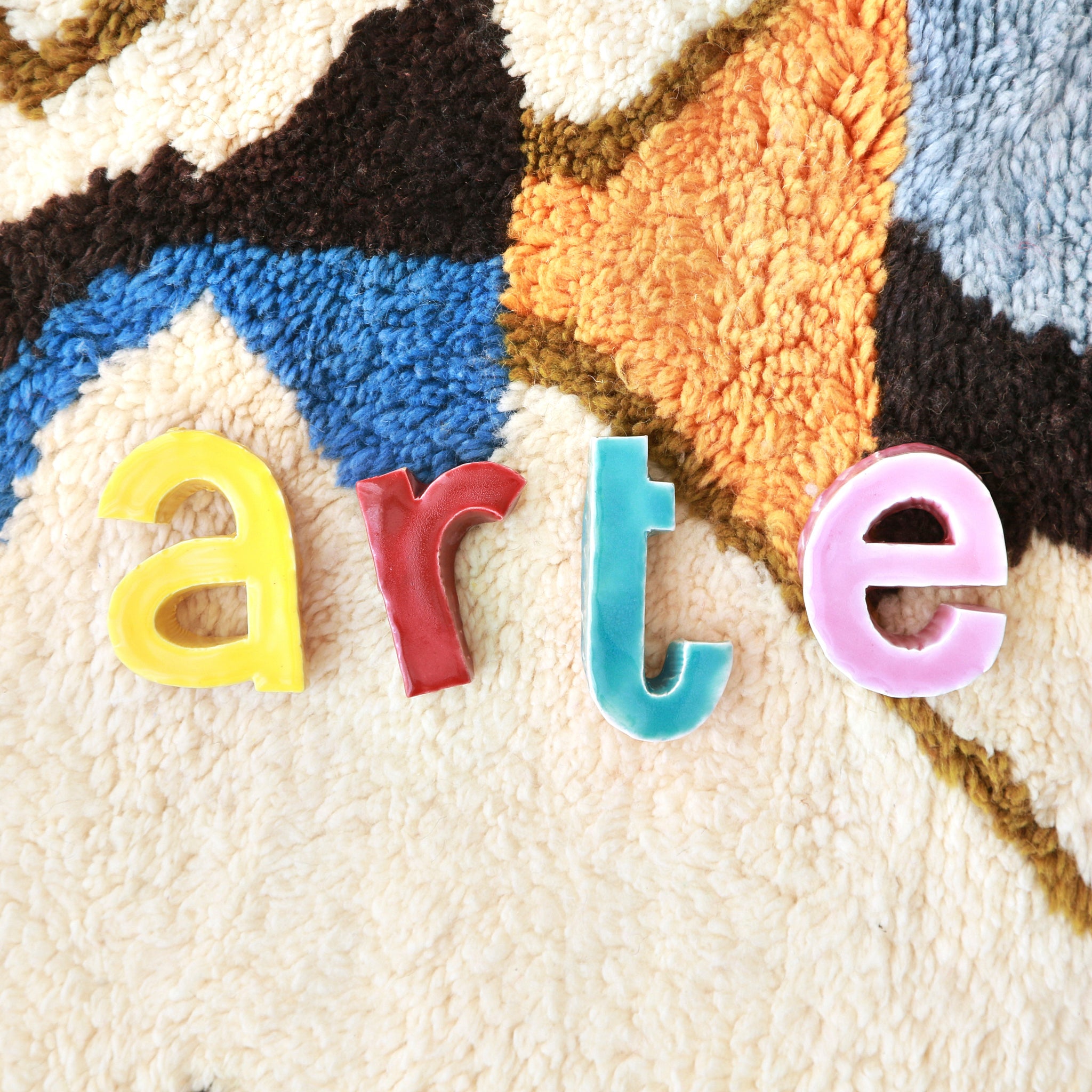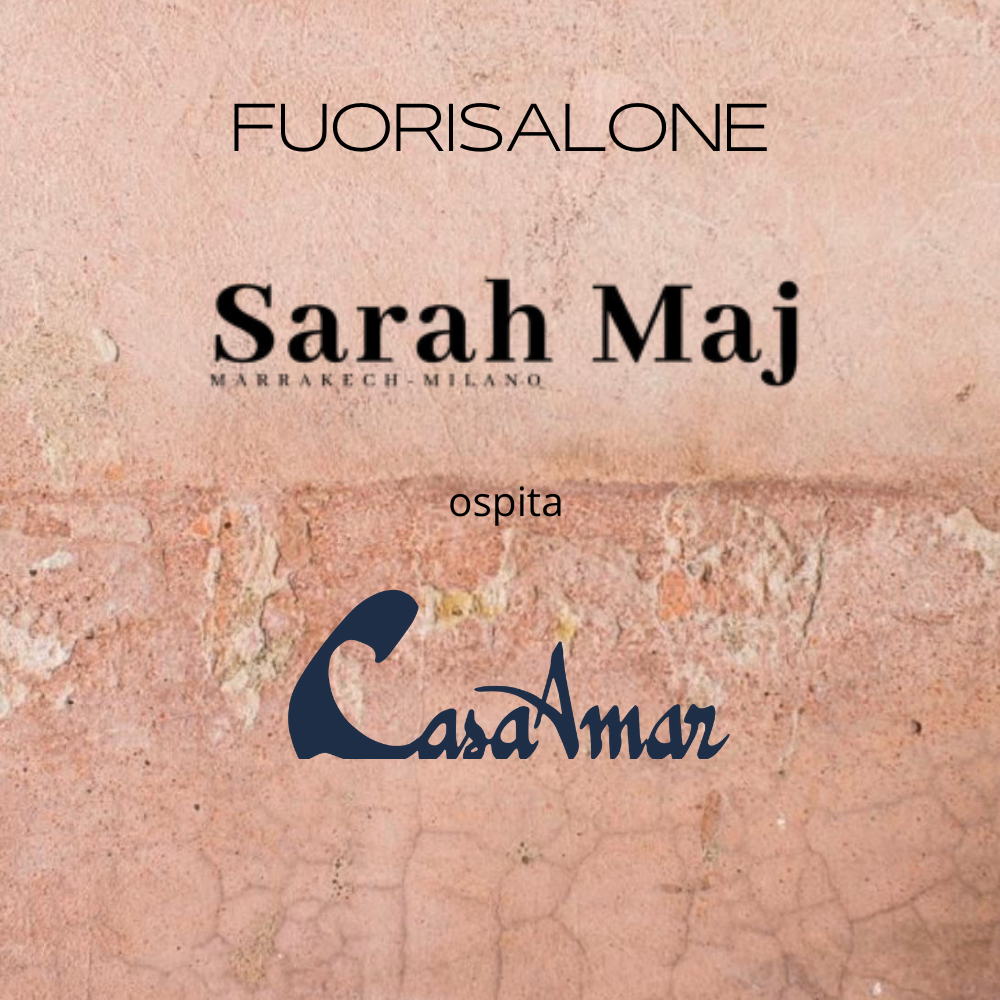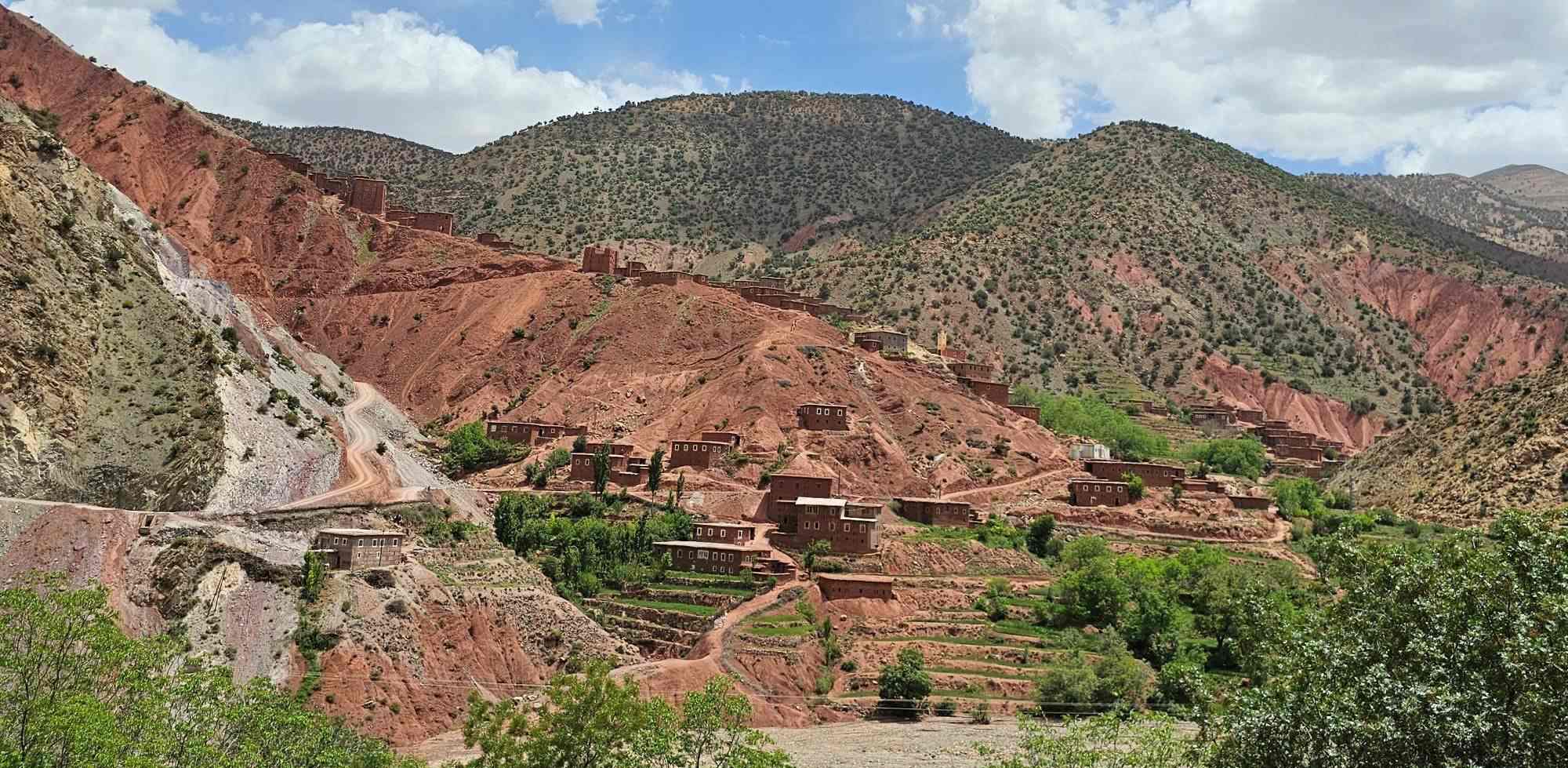The symbols traditionally used in Amazigh handcrafted rugs may seem contemporary and purely abstract.
In reality, everything has a deep and ancient meaning. And in most cases, they tell stories of femininity, pregnancy, childbirth, sexual union between man and woman, and marriage.
A perfect example is the diamond, the most frequent symbol in Amazigh rugs.
It has a prehistoric origin and at the time was found not only in Morocco but also across the Mediterranean, Europe and beyond.
In fact, among the oldest art objects in Europe (dating back as far as 30,000 years BC) we find the "Venus figurines" with their characteristic diamond shape, due to the highly accentuated representation of secondary sexual characteristics: large, prominent breasts, a wide pelvis and hips, voluminous buttocks, and substantial thighs.
These figurines have been found across a vast geographical area stretching from Ukraine to Central Europe, Northern Italy, and Western France.
As Bruno Barbatti writes in "Berber Rugs from Morocco: Symbolism, Origins and Meaning": "The fact that the diamond is the most frequent and most important motif in the Berber rug demonstrates that it has preserved, after millennia, the symbolism common to the regions of Europe, the East and the Mediterranean."
The author explains that "The diamond unites within itself the idea of the vulva, the uterus (matrix), the mother's belly or the entire female body."
However, when the diamond contains many other diamonds, with a small central diamond that is often coloured, the meaning becomes completely different! The set of diamonds then represents the eye, attentive and vigilant: an amulet against the evil eye, a belief that is still very much alive in Moroccan culture.
While weaving, the craftswoman tells, more or less consciously, her story and that of her ancestors.
For us at Casa Amar, these are even more reasons to deeply love these rugs!

